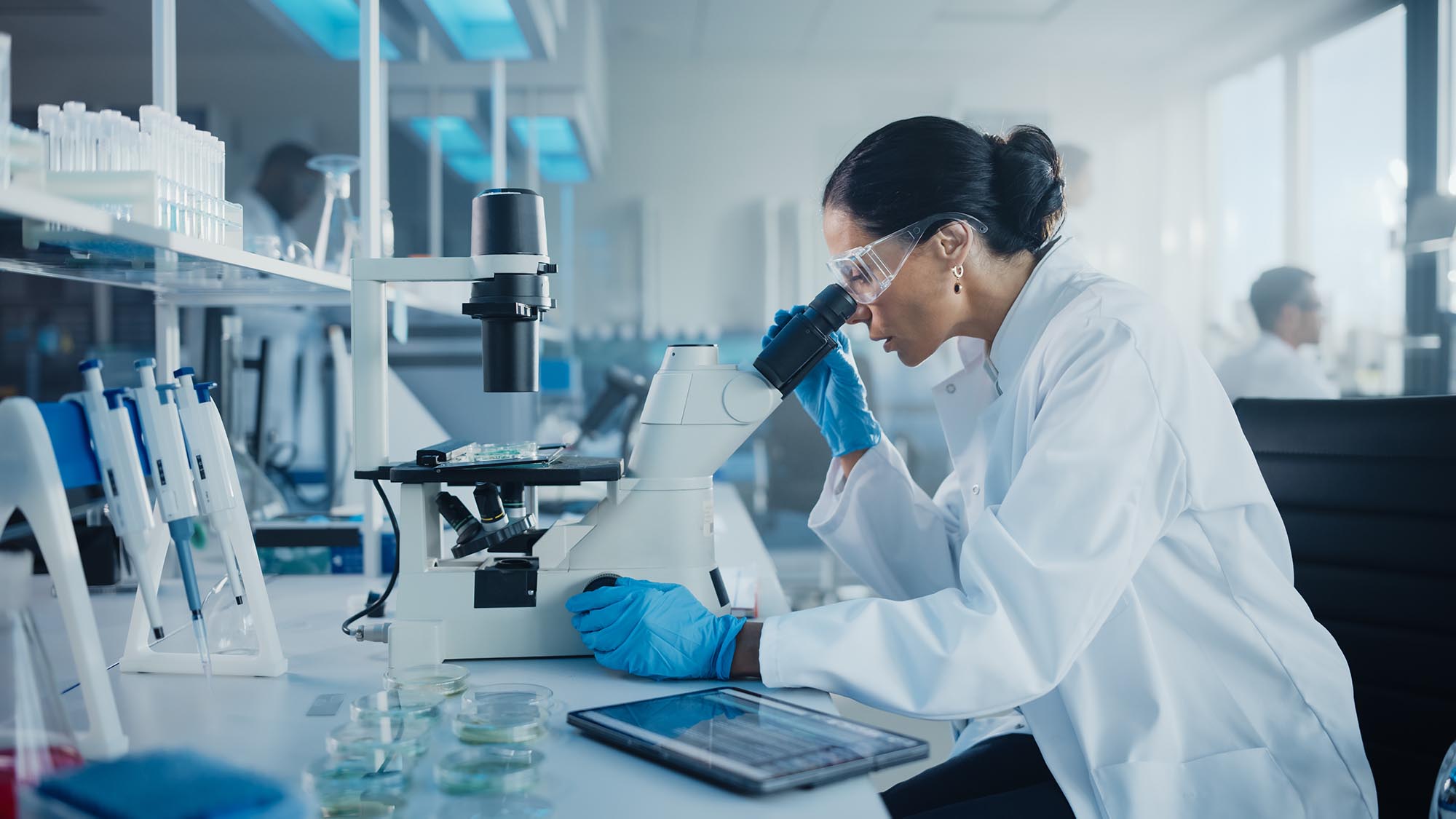Supplying Pharmacist Home Visit and Anticoagulation Professional Consultation During Transition of Care for Patients With Venous Thromboembolism.
Autor: Kapoor, Alok; Landyn, Valentina; Wagner, Joann; Burgwinkle, Pamela; Huang, Wei; Gore, Joel; Spencer, Frederick A.; Goldberg, Robert; McManus, David D.; Darling, Chad; Boudreaux, Edwin; Barton, Bruce; Mazor, Kathleen M.
Publication year: 2020
Journal of patient safety
issn:1549-8425 1549-8417
doi: 10.1097/PTS.0000000000000571
Abstract:
OBJECTIVE: The aim of the study was to assess the feasibility, satisfaction, and effectiveness of a care transition intervention with pharmacist home visit and subsequent anticoagulation expert consultation for patients with new episode of venous thromboembolism within a not-for-profit health care network. METHODS: We randomized patients to the intervention or control. During the home visit, a clinical pharmacist assessed medication management proficiency, asked open-ended questions to discuss knowledge gaps, and distributed illustrated medication instructions. Subsequent consultation with anticoagulation expert further filled knowledge gaps. At 30 days, we assessed satisfaction with the intervention and also measured the quality of care transition, knowledge of anticoagulation and venous thromboembolism, and anticoagulant beliefs (level of agreement that anticoagulant is beneficial, is worrisome, and is confusing/difficult to take). RESULTS: The mean ± SD time required to conduct home visits was 52.4 ± 20.5 minutes and most patients agreed that the intervention was helpful. In general, patients reported a high-quality care transition including having been advised of safety issues related to medications. Despite that, the mean percentage of knowledge items answered correctly among patients was low (51.5 versus 50.7 for intervention and controls, respectively). We did not find any significant difference between intervention and control patients for care transition quality, knowledge, or anticoagulant beliefs. CONCLUSIONS: We executed a multicomponent intervention that was feasible and rated highly. Nevertheless, the intervention did not improve care transition quality, knowledge, or beliefs. Future research should examine whether alternate strategies potentially including some but not all components of our intervention would be more impactful.
Language: eng
Rights:
Pmid: 30702452
Tags: Humans; Aged; Female; Male; Middle Aged; Quality of Health Care/*standards; Patient Transfer/*methods; Referral and Consultation/*standards; Anticoagulants/*therapeutic use; House Calls/*trends; Pharmacists/*standards; Venous Thromboembolism/*therapy
Link: https://pubmed.ncbi.nlm.nih.gov/30702452/








